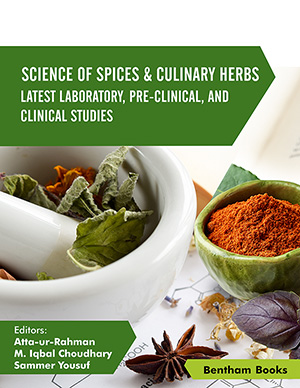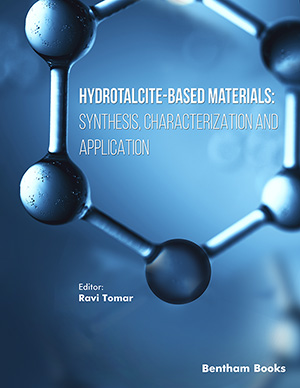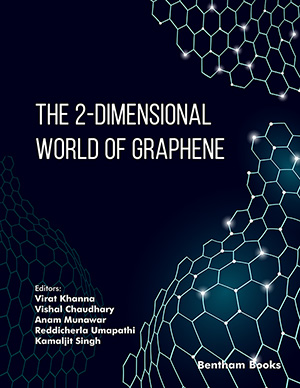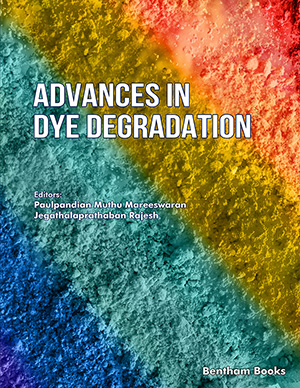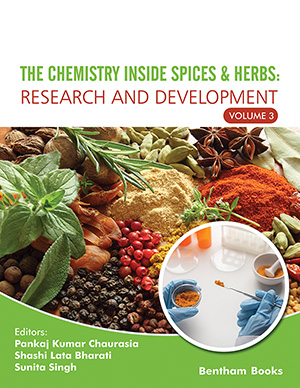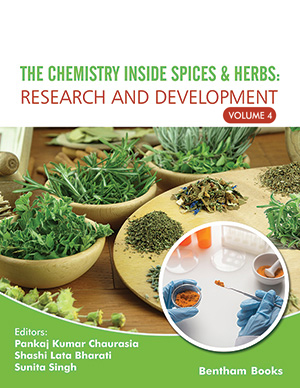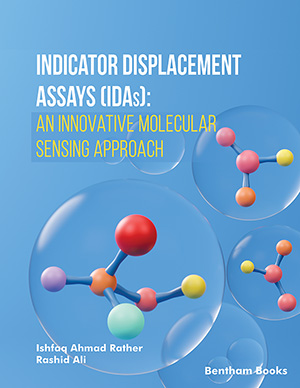Abstract
Introduction: Globally, about 8.2 million cancer-related deaths are recorded annually. Sadly, most of the deaths result from the toxicity of most chemotherapeutic agents. Hence, there are growing demands for chemotherapeutic agents with high specificity and selectivity. This study was designed to assess the cytotoxic potential of Detarium microcarpum and isolate cytotoxic compounds with better selectivity profiles.
Methods: Detarium microcarpum Stem bark (DMS) was collected and authenticated at the Forest Herbarium Ibadan (FHI), and a voucher (FHI-111954) was issued. Dried DMS was pulverized and extracted into 70% methanol. The extract was partitioned into hexane, dichloromethane, and ethyl acetate fractions. The cytotoxicities of the extract, fractions, and isolated compounds were determined. The cytotoxicity of the isolated compounds was tested against different cell lines, including human breast (AU565 and MDA MB231), oral adenosquamous (CAL27), and cervical (HeLa) cancer cells, as well as healthy (3T3) non-cancer cells.
Results: Methyl gallate, eriodictyol, quercetin, quebrachitol, catechin, catechin gallate, and gallic acid, isolated from dichloromethane and ethyl acetate fractions, displayed weak cytotoxicity against breast (AU565 and MDAMD- 231) and cervical (HeLa) cancer cell lines. Interestingly, all the compounds, except gallic acid (48.91±4.51% inhibition), displayed potent cytotoxicity on oral cancer cells. Methyl gallate and quercetin displayed the highest activity, with IC50 values of 89.57±1.98μM and 78.19±1.49μM, respectively. Interestingly, all the compounds were not toxic to healthy non-cancer (3T3) cells.
Conclusion: The compounds displayed anticancer activity specific to oral cancer cells and were highly selective for cancer cells without causing significant toxicity to healthy non-cancer cells.
Keywords: Detarium microcarpum, cytotoxicity, oral cancer, methyl gallate, quercetin, healthy (3T3) non-cancer cells.
 1
1


















